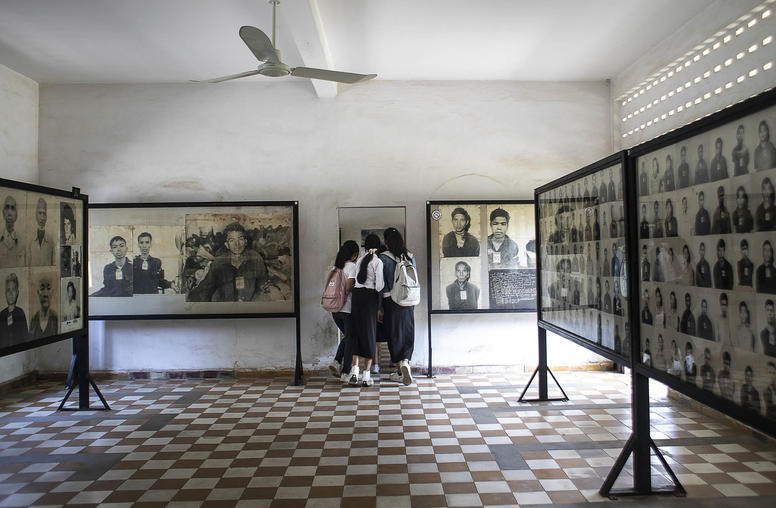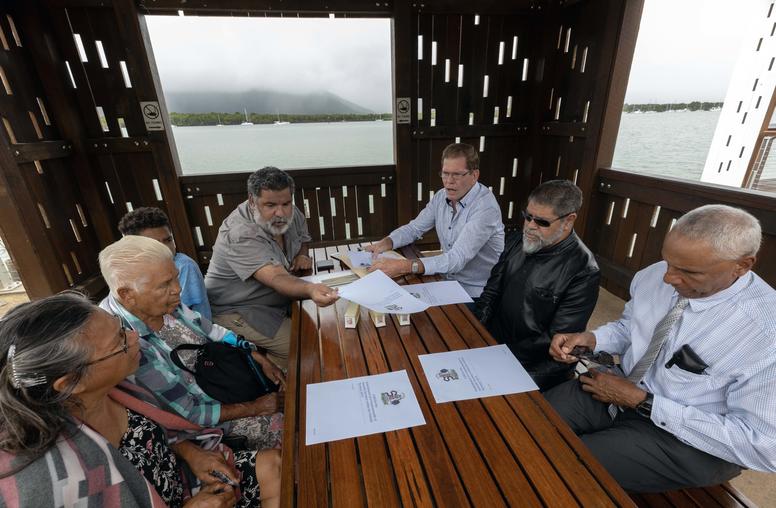Nicole Cochran
Contact
Please submit all media inquiries to interviews@usip.org or call 202.429.3869.
For all other inquiries, please call 202.457.1700
Nicole Cochran is a program officer for the Burma team at USIP. She previously served as a senior program specialist for USIP’s Southeast Asia team, where her work focused on preventive diplomacy in the ASEAN Regional Forum.
Before joining USIP’s Asia Center in 2021, she worked with USIP’s governance, justice and security team researching elite manipulation of security sectors and provided research support to the Justice and Security Dialogue project. She is a former Thomas Jefferson fellow at the National Center for State Courts and performed research on land law and land rights in Cambodia.
Cochran holds a master’s degree in comparative law from McGill University, where she studied indigenous constitutionalism, as well as a law degree and master’s in public policy from William & Mary Law School.

